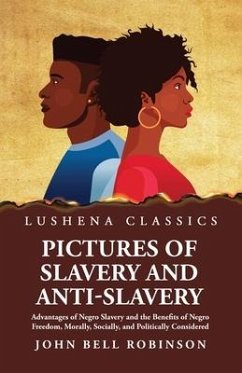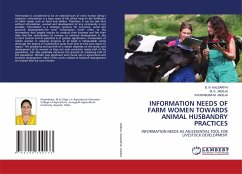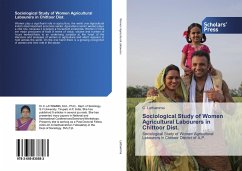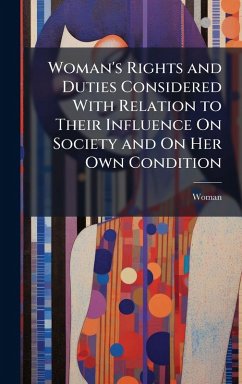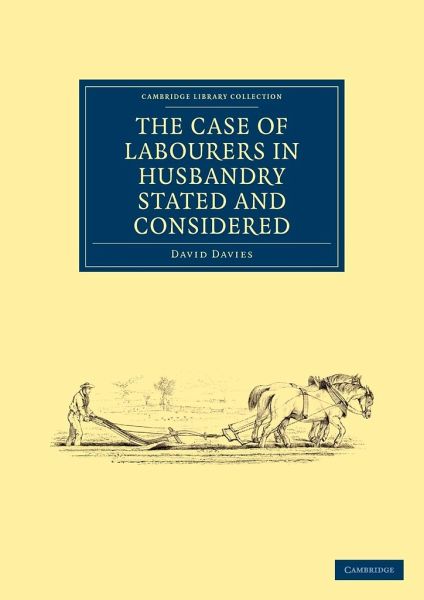
The Case of Labourers in Husbandry Stated and Considered
Versandkostenfrei!
Versandfertig in 1-2 Wochen
42,99 €
inkl. MwSt.

PAYBACK Punkte
21 °P sammeln!
David Davies (1742-1819) was an English clergyman and social commentator, best remembered for this survey of the lives of rural agricultural labourers. Davies was ordained in 1782 and became the rector of Barkham parish, where he remained incumbent until his death. This volume, first published in 1795, contains Davies' discussion of the living conditions of agricultural labourers in England. Davies discusses in detail the causes of the poverty of labourers, linking the high prices of goods with poverty, and proposes measures to relieve the labourers, including linking their daily wage to the p...
David Davies (1742-1819) was an English clergyman and social commentator, best remembered for this survey of the lives of rural agricultural labourers. Davies was ordained in 1782 and became the rector of Barkham parish, where he remained incumbent until his death. This volume, first published in 1795, contains Davies' discussion of the living conditions of agricultural labourers in England. Davies discusses in detail the causes of the poverty of labourers, linking the high prices of goods with poverty, and proposes measures to relieve the labourers, including linking their daily wage to the price of bread. Davies' observations also demonstrate the failings of the contemporary Poor Laws. Originally focusing on the annual expenditure of labourers in Davies' own parish, this volume was expanded to include accounts of expenditure from elsewhere in Britain. This meticulously researched volume provides valuable evidence for the increase in rural poverty in the late eighteenth century.







